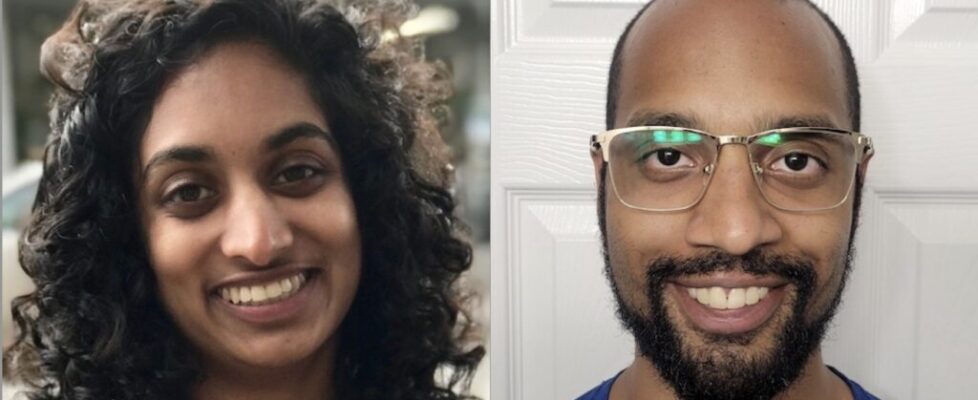Earthquakes; Gene Engineering – Apr 5
Wonderfest Science Envoys are early-career researchers with special communication skills and aspirations. Following short talks on provocative modern science topics, these two Science Envoys will answer questions with insight and enthusiasm:
• UC Berkeley seismologist Sarina Patel on Earthquake Science Using Crowdsourced Data from Smartphones — MyShake is a free citizen-science smartphone app which has been downloaded globally 2.5 million times. MyShake delivers earthquake early warnings(!) to users in California, Oregon, and Washington. It also uses the vibration sensor built into all smartphones to record earthquake motion for scientific analysis. How can the gadget in your pocket contribute to earthquake early warning, shake-hazard mapping, and structural-health monitoring?
• Stanford biophysicist Kevin Aris on Genetic Engineering Refined with Single-Molecule Microscopes — CRISPR enzymes allow precise genetic engineering, cleaving DNA molecules to improve the health and function of organisms. However, naturally compact and twisted pieces of DNA, under stress due to mechanical deformation, are tough to cut precisely. Single-molecule microscopy helps us design novel CRISPR enzymes that become highly-accurate molecular scissors — new tools for beneficial gene modification.
Berkeley Public Library [https://www.berkeleypubliclibrary.org]
This free, online, science presentation is produced by Wonderfest in partnership with the Berkeley Public Library.
What value do these science insights have for you? Accordingly, please consider making a donation to nonprofit Wonderfest via the Eventbrite box, below. (Note: No "sales" or "tickets" are involved; it's just a thoughtful contribution to help Wonderfest promote science understanding and the scientific outlook.)
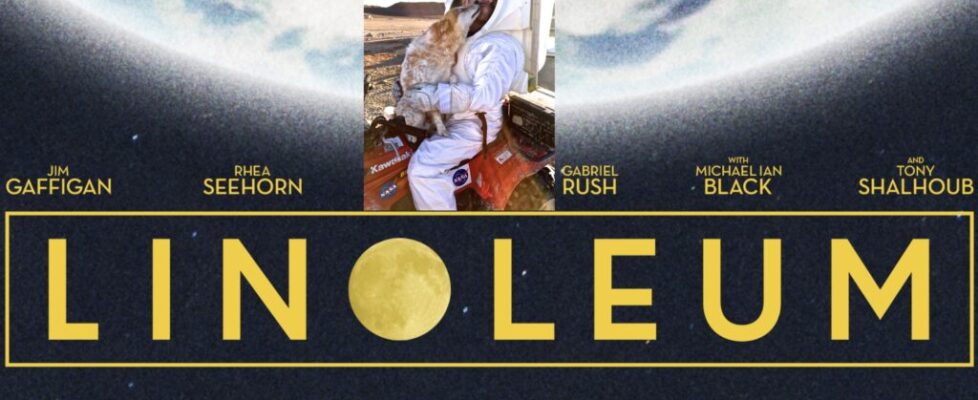
LINOLEUM + Exploring Mars – Mar 28
Wonderfest celebrates the 10th annual National Evening of Science on Screen with the new sci-fi comedy-drama LINOLEUM and with the expert commentary of planetary scientist Dr. Pascal Lee. LINOLEUM chronicles the reality-jarring challenges of a midwest dreamer who decides to build his own rocketship. Early reviews give the movie a RottenTomatoes rating of “86% Fresh.” Angie Han of the Hollywood Reporter calls LINOLEUM’S final minutes “even more startling in their heart-wrenching effectiveness than in their mind-bending twists.” After this special screening, a real rocket scientist, Dr. Pascal Lee, will discuss “how to spend a month on Mars” and will answer questions about the vast beyond.
Dr. Pascal Lee is co-founder and chairman of the Mars Institute. He is also a planetary scientist at the SETI Institute, an artist & author, and the Principal Investigator of the Haughton-Mars Project at NASA Ames Research Center.
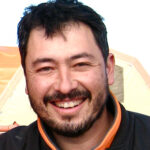
Dr. Pascal Lee
Map: [https://goo.gl/maps/ng6kUVeRiqerTCfM6]
Purchase tickets via the Cameo Cinema webpage provided below, and please consider a donation to Wonderfest in the Eventbrite space, further below.
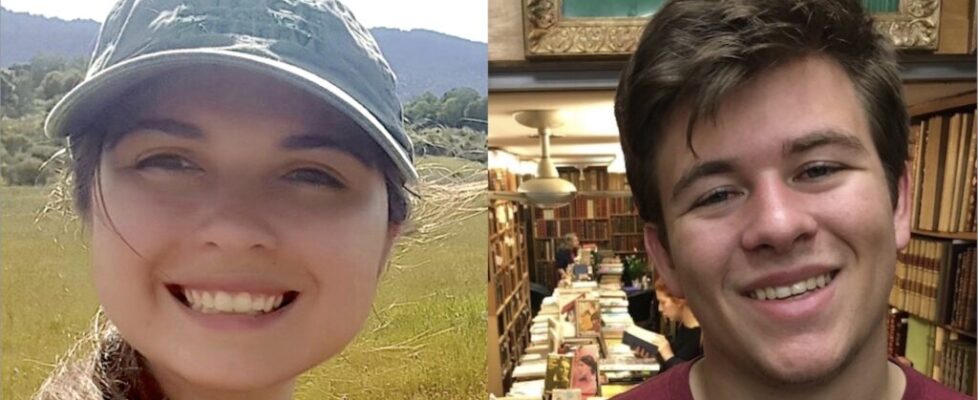
Biodiversity; Cosmic Maps – Mar 27
Wonderfest Science Envoys are early-career researchers with special communication skills and aspirations. Following short talks on provocative modern science topics, these two Science Envoys will answer questions with insight and enthusiasm:
• Stanford paleobiologist Dr. Maria Viteri on Exhuming the Dead to Save the Living — Earth is experiencing a crisis in biodiversity. Surprisingly, the fossil record offers key insights for understanding this crisis, and one scientist’s lifelong fascination with dinosaurs — leading to a career in conservation biology — is helping to combat the biodiversity challenge of the present … and of the future.
• UC Berkeley astrophysicist Tyler Cox on Creating the Largest-Ever Maps of the Universe — New datasets from the James Webb Space Telescope have begun to reveal some of the oldest known galaxies in the universe. But what lies beyond these extremely remote objects, and what more can we learn by going deeper? Next-generation experiments are working to map the most distant regions of the universe to help explain the origins of the first galaxies.
Berkeley Public Library [https://www.berkeleypubliclibrary.org]
This free, online, science presentation is produced by Wonderfest in partnership with the Berkeley Public Library.
What value do these science insights have for you? Accordingly, please consider making a donation to nonprofit Wonderfest via the Eventbrite box, below. (Note: No "sales" or "tickets" are involved; it's just a thoughtful contribution to help Wonderfest promote science understanding and the scientific outlook.)
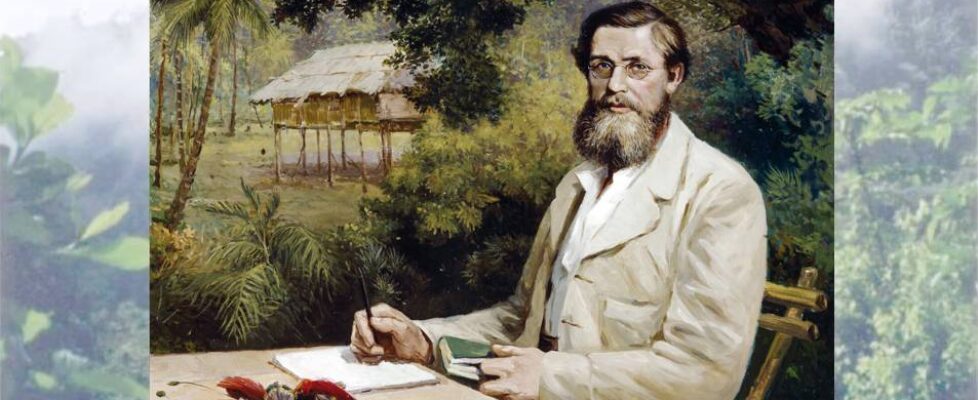
Wallace’s Evolution – Mar 26
In 1858, two friends and colleagues, Alfred Wallace and Charles Darwin, independently proposed one of the deepest ideas in all of science, evolution by natural selection. However, Wallace’s extraordinary — and extraordinarily successful — quest to understand how evolution works is not well known. The story is riveting: a man of modest backbround, driven by curiosity, and persisting through immense hardships in remote lands, Wallace finally discovers the process which drives the evolution of all life on Earth.
Our speaker, Dr. George Beccaloni, is a zoologist, evolutionary biologist, and science historian who served as an entomologist at London’s Natural History Museum for more than 20 years. He was the historical consultant for a multiple award-winning BBC series about Alfred Wallace, and he is the founding director of the Wallace Correspondence Project.
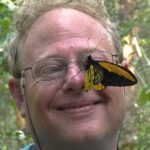
Dr. George Beccaloni
Alameda Free Library
San Francisco Public Library
Wonderfest co-presents this online event with the Alameda Free Library and the San Francisco Public Library. In order to take part, please register with the SF Library via the weblink below. Also, kindly support science outreach by making a donation to Wonderfest in the space, below. [This Wonderfest event is free and unticketed; please disregard Eventbrite's mention of "sales" and "tickets."]
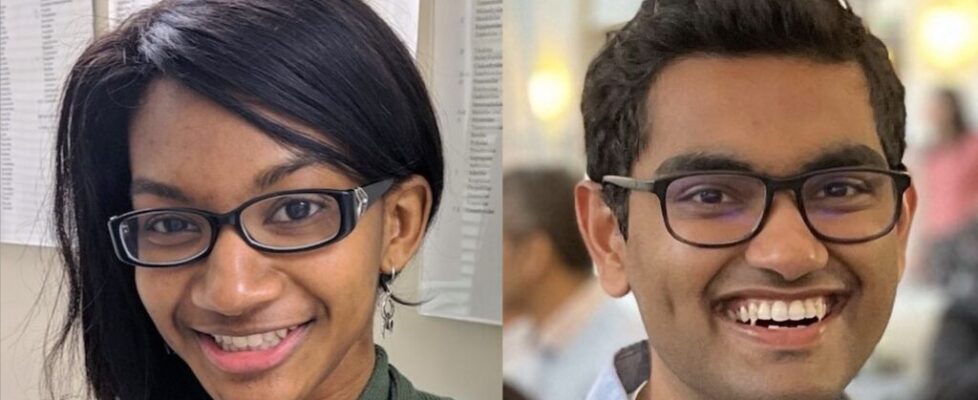
Spider Love; Dark Matter – Mar 15
Wonderfest Science Envoys are early-career researchers with special communication skills and aspirations. Following short talks on provocative modern science topics, these two Science Envoys will answer questions with insight and enthusiasm:
• UC Berkeley arachnologist Trinity Walls on Creepy or Captivating: A Spider Scientist’s Perspective — How have recent discoveries about spiders changed beliefs that have been passed down for generations? Can we see that the study of spiders is beneficial to society? One person’s life-long journey — from curious child to rigorous researcher — reveals spider science to be an avenue of creative self-expression that offers rich insights into nature.
• Stanford physicist Jyotirmai “Joe” Singh on Exploring the Dark Side of the Universe — Deeply mysterious dark matter constitutes a staggering 85% of the material universe. What is the evidence for dark matter’s ubiquitous existence, yet why has it been so difficult to detect in the laboratory? Cutting-edge theories and experiments within modern physics do give us hope that we can understand dark matter, unlocking key mysteries of the cosmos.
Berkeley Public Library [https://www.berkeleypubliclibrary.org]
This free, online, science presentation is produced by Wonderfest in partnership with the Berkeley Public Library.
What value do these science insights have for you? Accordingly, please consider making a donation to nonprofit Wonderfest via the Eventbrite box, below. (Note: No "sales" or "tickets" are involved; it's just a thoughtful contribution to help Wonderfest promote science understanding and the scientific outlook.)
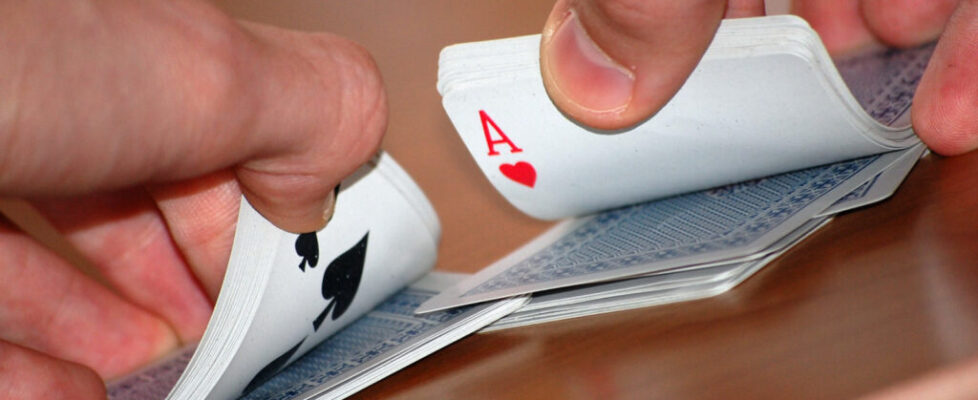
Shuffling Math – Feb 21
Upon opening a new deck of cards, have you ever attempted a so-called perfect shuffle? A perfect shuffle splits a deck into two equal stacks, and then perfectly interlaces the cards from the two stacks. (Eight successive perfect shuffles puts the cards back into their original, fresh-out-of-the-pack order!) Only experienced card handlers can reliably perform even a single perfect shuffle, and yet the mathematics behind perfect shuffles has a rich history, including everything from mathematical card tricks to sophisticated research.
Our speaker is Dr. Cornelia Van Cott, Professor of Mathematics at the University of San Francisco. As a geometic toplogist, she studies knots, surfaces, and the interplay between 3- and 4-dimensional objects.
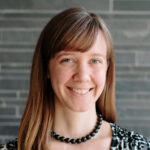
Dr. Cornelia Van Cott
For full enjoyment, please bring a deck of cards. Also, since this event is COVID-cautious, consider wearing a mask; the warm feeling of Wondernaut(!) camaraderie radiates through masks and across wide seat-spacing. Finally, kindly consider donating to nonprofit Wonderfest in the Eventbrite space, below. (This event is FREE; ignore any mention of "tickets" or "sales.")
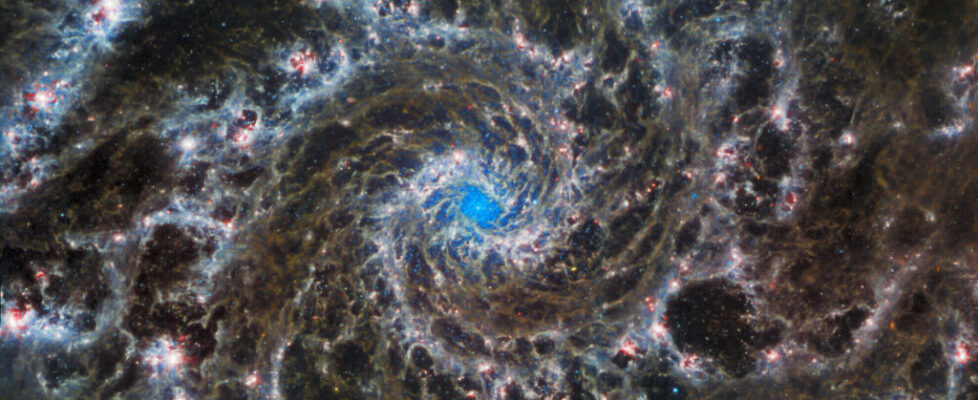
Webb Space Telescope – Feb 7
We have a new supersensitive eye in the cosmic sky. Parked nearly one million miles from Earth, the James Webb Space Telescope (JWST) is ~100 times more sensitive than the Hubble Space Telescope. JWST observes at “low” frequencies, from the red to the mid-infrared parts of the spectrum, offering new insights into a vast array of objects and processes including solar system formation, star birth and death, galaxy evolution, and, perhaps, the origins of life.
Our speaker, UC Berkeley’s Professor Alex Filippenko, will present early findings from JWST. Alex was voted UC Berkeley’s “best professor” nine times; he is the only astronomer to contribute to both research teams whose work earned the 2011 Physics Nobel Prize; and among his many awards is Wonderfest’s Carl Sagan Prize for Science Popularization.
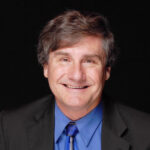
Dr. Alex Filippenko
San Francisco Public Library
Wonderfest co-presents this online event with the San Francisco Public Library. In order to take part, please register with the SF Library via the weblink below. Also, kindly support science outreach by making a donation to Wonderfest in the space, below. [This Wonderfest event is free and unticketed; please disregard Eventbrite's mention of "sales" and "tickets."]
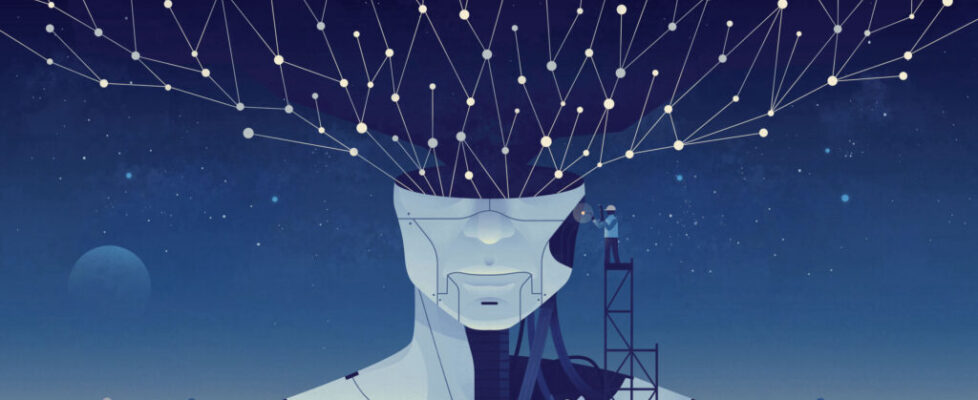
Neuroplasticity – Jan 31
Experiences at different times in life may alter aspects of personality: appetite for risk, tolerance for delayed gratification, interest in music, etc. Our brains seem to develop particularly rapidly during a staggered sequence of “sensitive periods” that stretch late into the second or third decade of life. Such periods of high neuroplasticity are ripe for specific types of learning; they are also susceptible to negative experiences that can lead to mental illness. Understanding sensitive-period brain plasticity will help us to improve education and personality development.
Our speaker, Dr. Linda Wilbrecht, is Professor of Psychology and of Neuroscience at UC Berkeley. Dr. Wilbrecht conducts research through the Helen Wills Neuroscience Institute, and she directs The Wilbrecht Lab.
This unticketed, admission-free, Wonderfest event is COVID-cautious. Mask-wearing is encouraged. The warm feeling of Wondernaut(!) camaraderie radiates through masks and across wide seat-spacing. Please join us! Also, kindly consider donating to nonprofit Wonderfest in the Eventbrite space, below. (Ignore any mention of "tickets" or "sales.")
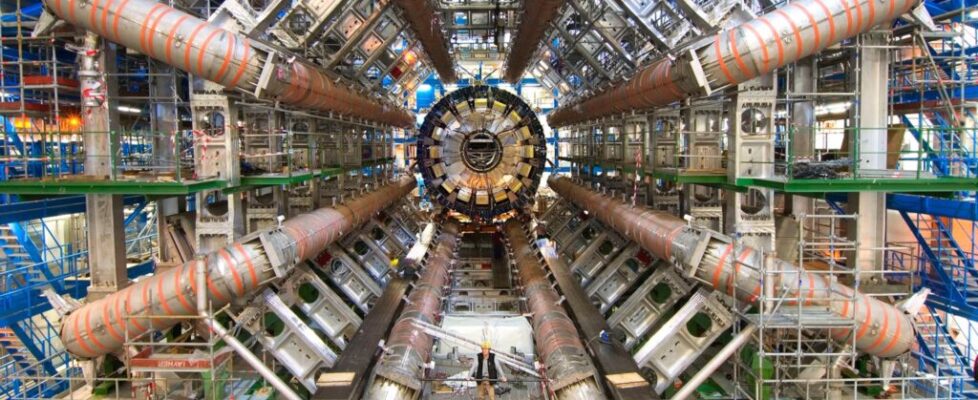
The Heart of Matter – Jan 22
Physics has always sought to deepen our understanding of reality, particularly our concept of matter. Today, city-size machines crash together particles — at nearly the speed of light — that are a trillion times smaller than a grain of sand. The resulting insights have both theoretical and practical value: a more profound (and weird) concept of existence, and new technologies such as diagnostic imaging and radiation therapy. Wonderfest joins BookShop West Portal — online — to present physicist Dr. Suzie Sheehy in discussion of her new book The Matter of Everything: How Curiosity, Physics, and Improbable Experiments Changed the World. [Image: The ATLAS detector of CERN’s Large Hadron Collider]
Dr. Suzie Sheehy is a physicist, science communicator, and academic who divides her time between research groups at England’s University of Oxford and Australia’s University of Melbourne.
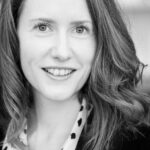
Dr. Suzie Sheehy
BookShop West Portal [https://www.bookshopwestportal.com/event/virtual-dr-suzie-sheehy-co-hosted-wonderfest]
To purchase Dr. Sheehy's new book, The Matter of Everything, visit BookShop West Portal's "Collaborators" link, below. And to support the cause of science outreach, please consider a donation to nonprofit Wonderfest — via the Eventbrite space below. Ignore any mention of Tickets or Sales because this event is entirely free and unticketed.
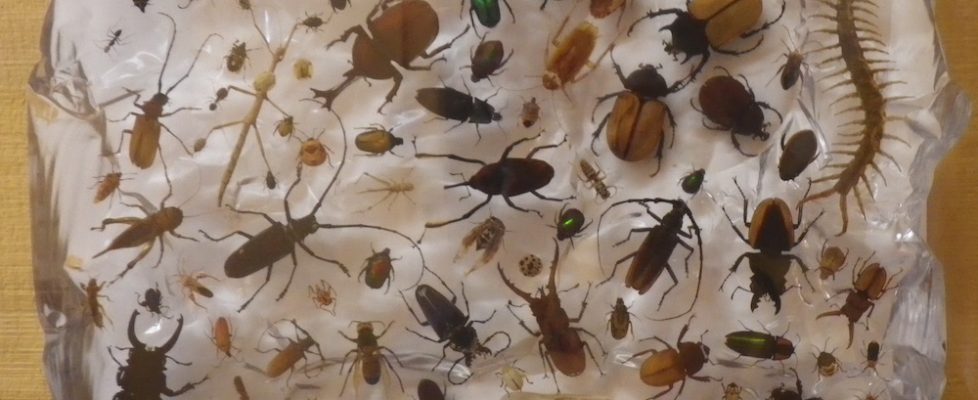
Never Home Alone – Jan 10
After nearly three years of increased “sheltering at home,” you may have noticed more six-legged critters sharing your shelter. Scientists, too, have been taking a closer look at these more numerous (and more brazen?) insect invaders. What surprising findings have the researchers uncovered?
Our speaker is Dr. Vernard Lewis, Cooperative Extension Specialist (emeritus) at UC Berkeley. Dr. Lewis is a global authority on termites, and his research has explored other home-invading creepy-crawlers: ants, bedbugs, and cockroaches.
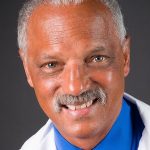
Dr. Vernard Lewis
This event is free and unticketed. To support Wonderfest's nonprofit mission of science outreach, please make a modest (or immodest!) donation in the Eventbrite space, below. (Kindly ignore Eventbrite's mention of "sales;" it really is a donation!)
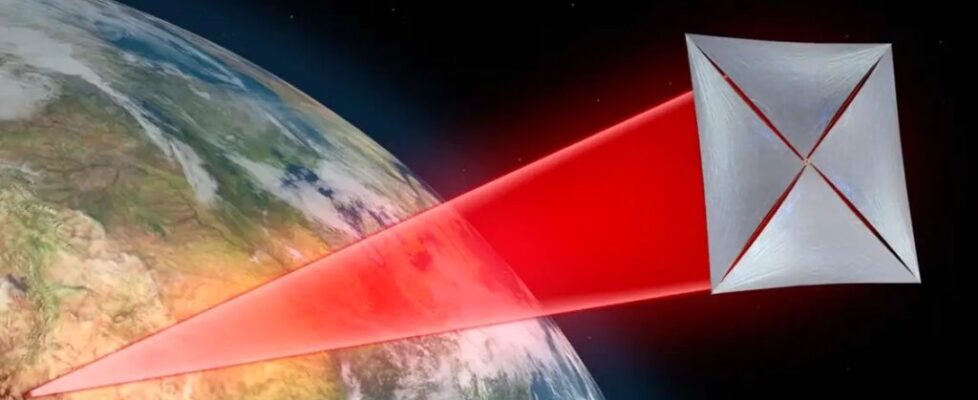
Going to the Stars – Jan 9
The stars beckon. Alas, interstellar distances are fantastically challenging. (A lightbeam needs 1/7th of a second to go around the world, but over 4 years to reach our Sun’s nearest-neighbor star, Proxima Centauri.) Determined explorers at Breakthrough Starshot are developing miniature robot space probes — to be accelerated by laser light from Earth — whose cameras can reach Proxima Centauri in just 20 years! Among the wonders to be explored are Proxima’s three known planets, including Proxima b, which orbits in this red dwarf star’s “habitable zone.”
Our speaker, Dr. S. Pete Worden, is Chairman of the Breakthrough Prize Foundation and Executive Director of the Breakthrough Initiatives (of which Breakthrough StarShot is one program). Formerly, Dr. Worden was Director of NASA Ames Research Center.
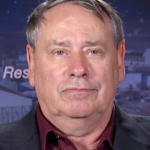
Dr. Pete Worden
Castro Valley Education Foundation [https://www.cvef.org]
Castro Valley Science [https://cvscience.us]
This COVID-cautious FREE event will take place in the spacious Castro Valley Library. For your own COVID safety — and that of others — please consider wearing a protective mask.
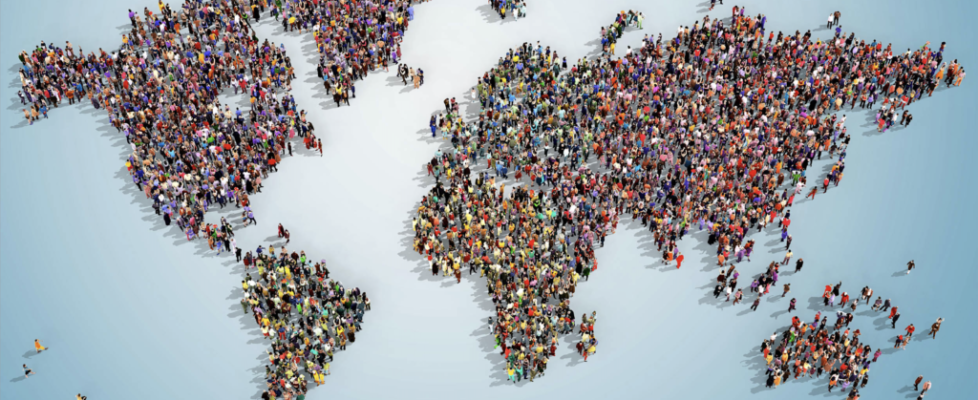
Human Populations – Dec 8
How long will the people in a particular population live? How do we know if a cancer treatment works, or whether parents pass their socioeconomic status to their children? How often do formerly incarcerated people return to prison, and how long (on average) will current marriages last? All these questions seem straightforward. However, answering each of them can go awry in a similar way. A single mathematical relationship, length-biased sampling, allows analysis of a diverse set of phenomena, and it presents new, easy-to-understand insights into human populations.
Our speaker, Dr. Elizabeth Wrigley-Field, is Assistant Professor at the University of Minnesota in the Department of Sociology and at the Minnesota Population Center.
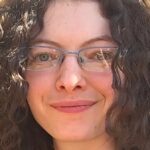
Dr. Elizabeth Wrigley-Field
Please use the Eventbrite space, below, to support Wonderfest's nonprofit mission of science outreach. Make a modest (or immodest!) donation, and share the scientific outlook with others. (This Zoom event is free and unticketed; please ignore all mention of "sales," below.)
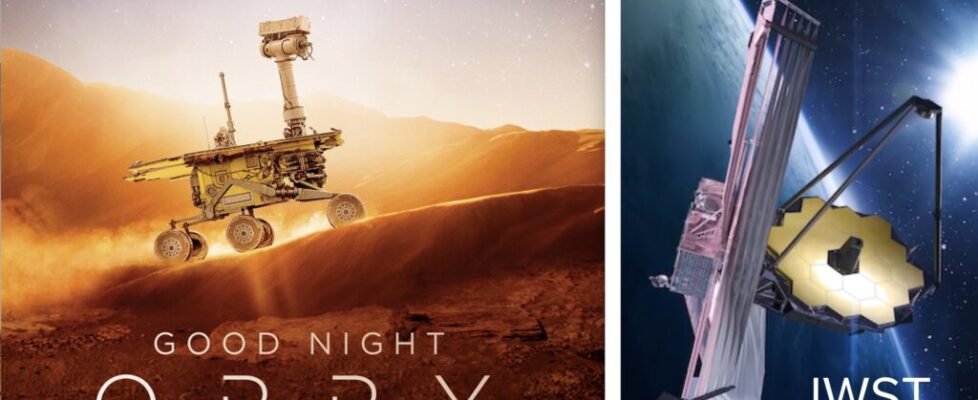
G’ Night Oppy + JWST – Dec 4
Wonderfest joins St. Helena’s Cameo Cinema to present a heavenly double feature: first, the remarkable true story of NASA’s Opportunity rover (which ventured to Mars for a 90-day mission, but survived — and explored — for 15 years!), followed by Q&A with legendary astrophysicist Dr. Alex Filippenko (discussing both the exploration of Mars AND the promise of NASA’s new James Webb Space Telescope, JWST). This special two-for-one event is a national Science On Screen presentation.
Dr. Alex Filippenko is the Richard & Rhoda Goldman Distinguished Professor in the Physicsal Sciences and Professor of Astronomy at UC Berkeley. Alex has earned Wonderfest’s Carl Sagan Prize for Science Popularization, and he is an esteemed member of Wonderfest’s Board of Directors.

Dr. Alex Filippenko
Cameo Cinema [https://www.cameocinema.com/about]
Purchase tickets for both the screening of Good Night, Oppy and for the post-screening interview and audience Q&A with Prof. Filippenko at the Cameo Cinema "Tickets" link, below. (Each ticket covers both experiences.)
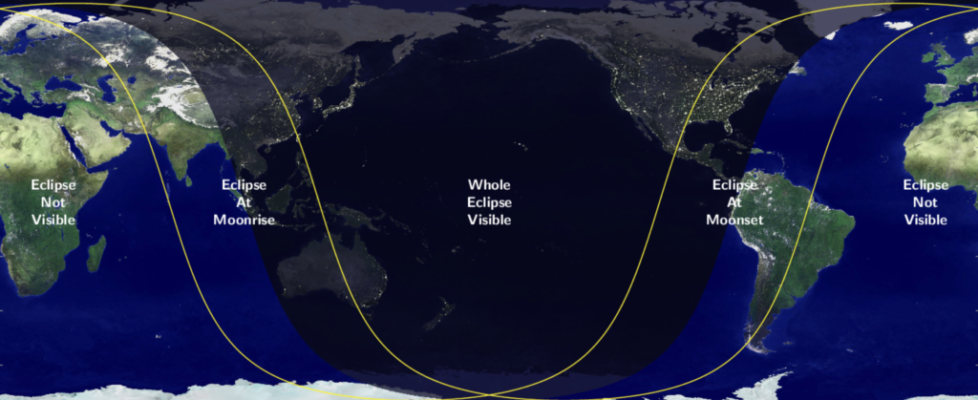
Total Lunar Eclipse, Nov 7-8
Early Tuesday morning, November 8 (i.e., Monday night, November 7), there will be an “Election Day” total lunar eclipse (when the Moon goes into Earth’s shadow) visible from North America. Weather permitting, everyone on Earth’s dark (night) side will be able to see it. No optical aid is needed — just use your eyes (though the view through binoculars should be interesting as well). Here’s some useful information; more details can be found at the end of the message.
We will be on Standard Time by Monday (switching from Daylight Time this Saturday night, Nov. 5). Unlike the case in a total *solar* eclipse, the lunar eclipse will occur simultaneously from any location where it is visible. However, you have to adjust for different time zones. Here are the relevant times (all are Tuesday early morning — that is, Mon. night after midnight):
Partial eclipse begins: 1:09 am PST,
2:09 am MST,
3:09 am CST,
4:09 am EST.
Total eclipse begins: 2:16 am PST,
3:16 am MST,
4:16 am CST,
5:16 am EST.
Total eclipse ends: 3:42 am PST,
4:42 am MST,
5:42 am CST,
6:42 am EST.
Partial eclipse ends: 4:49 am PST,
5:49 am MST,
6:49 am CST,
7:49 am EST.
(Subtract 2 hours from the above times, if in Hawaii.)
The time of sunrise (and thus moonset, since the full Moon will be opposite the Sun in the sky) depends on where you are in your time zone and also on your latitude — but *roughly* 6:40 am for much of the USA. So, from the eastern USA, the *total* eclipse ends around the time of sunrise, in a very bright sky. The rest of the USA can watch the entire total eclipse in dark skies. Over most of the USA, Mexico, and Canada, the Moon will be high in the sky throughout the eclipse (especially during the first partial phases and totality). However, as seen from the east coast, you’ll need a relatively low, clear western horizon.
The eclipse will also be visible from Australia, New Zealand, Siberia, and much of Asia, though it will be on Tue. night with the Moon in the east (not Tue. morning with the Moon in the west, as in N. America). See the attached map, courtesy Dominic Ford from in-the-sky.org . You can also consult the excellent website https://www.timeanddate.com/eclipse/lunar/2022-november-8 for a detailed map and to see whether the eclipse will be visible from a specific location (put your location in the “Eclipse Lookup” box on the right-hand side of the web page). Another good website is
https://earthsky.org/astronomy-essentials/total-lunar-eclipse-nov8-2022/ .
Totality will last about 1 hour 26 minutes, a relatively long total lunar eclipse (because part of the Moon will pass near the center of Earth’s shadow); if you include the partial phases, it lasts 3 hours 40 minutes. In case of clouds, rain, or snow, don’t give up hope (unless the forecast is truly hopeless)! The long duration of the eclipse means that you might occasionally get a good view of the Moon through a break in the clouds.
Wishing you clear skies during the night of November 7/8, 2022,
Alex

Webb Space Telescope – Nov 30
NASA’s James Webb Space Telescope (JWST) is a pioneering tool of cosmic discovery. Beyond its beautiful initial images, JWST promises to show us an “invisible universe” of infrared light, particularly allowing astronomers to learn about cosmic evolution — the birth and eventual death of stars, galaxies, and the cosmos itself.
Our JWST explorer is Andrew Fraknoi, emeritus chair of the Astronomy Department at Foothill College and first recipient of Wonderfest’s Carl Sagan Prize for Science Popularization.
This event is produced by the Commonwealth Club in collaboration with Wonderfest. We can enjoy it in either of two ways: in person or online. Access to the two different ticket types is described in the HOW space, below. Each type is deeply discounted for Wondernauts who use discount code Wonderfest2022.
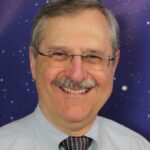
Andrew Fraknoi
The Commonwealth Club of California
For tickets to either the in-person event or the online event, start at the Commonwealth Club "Tickets" website presented below. Be sure to use the discount code Wonderfest2022 (and click "Apply") to reduce the cost of the in-person ticket by $10, and to render the online ticket completely FREE.
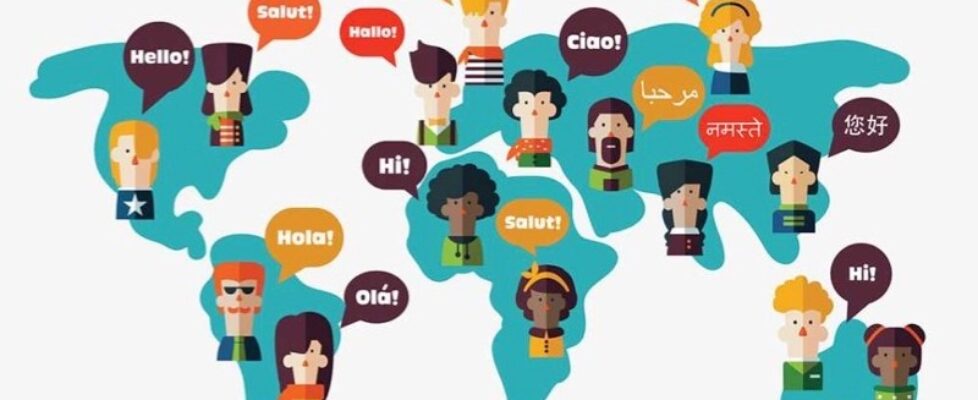
Mathematics of Language – Nov 29
If your native language (Irish, Igbo, Ilocano, . . .) is threatened by competition from another language (likely English!), and if preserving that language is important, what options do you have? Which approach to language preservation is most likely to be effective? Or… How much time do you have before the language is effectively dead? Surprisingly, tools from mathematical ecology, physics, and other seemingly remote fields have been adapted to answer questions about the evolution, competition, and even origin of human languages.
Our speaker, Dr. Ben Ford, is Professor of Mathematics at Sonoma State University. His research background lies in combinatorics and group theory, and he works to further equity in math education.
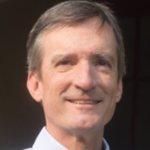
Dr. Ben Ford
This unticketed, admission-free, Wonderfest event will be COVID-free, as well. Please be vaccinated, and kindly wear a mask (except when dining/drinking). The warm feeling of Wondernaut(!) camaraderie radiates through masks and across wide seat-spacing. Please join us! Also, kindly consider donating to nonprofit Wonderfest in the Eventbrite space, below. (Ignore any mention of "tickets" or "sales.")

A Good Night’s Sleep – Nov 7
Research indicates that all animals sleep. For humans, sleep is essential for physical and mental health — as necessary as food, water, and oxygen. Yet many of us get insufficient and/or low-quality sleep. UCSF’s Dr. Aric Prather has just written The Sleep Prescription: Seven Days to Unlocking Your Best Rest. During this online presentation, Dr. Prather will share many of his book’s insights with the Commonwealth Club and Wonderfest.
Dr. Aric Prather is Professor of Psychiatry and Behavioral Sciences at the University of California, San Francisco. He directs UCSF’s Behavioral Sleep Medicine Research Program.
This online event is produced by the Commonwealth Club in collaboration with Wonderfest. (The originally-planned, simultaneous, in-person event has been cancelled.) Access to the online presentation is described in the HOW space, below. Use discount code WonderfestPromo for a completely cost-free experience.
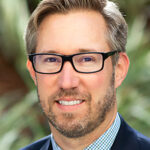
Dr. Arik Prather
The Commonwealth Club of California
For tickets, start at the Commonwealth Club "Tickets" website presented below. Be sure to use the discount code WonderfestPromo to reduce the ticket price by $10, thereby rendering admission completely FREE.
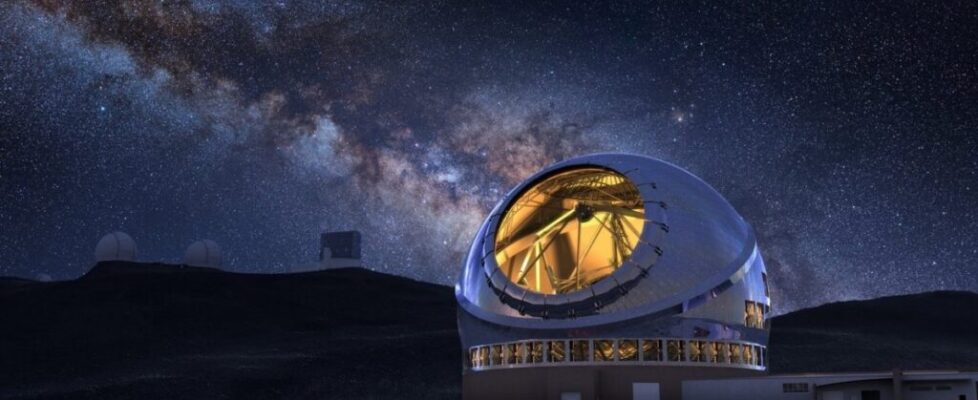
Thirty Meter Telescope – Nov 2
Sometimes, bigger is better. The Thirty Meter Telescope (TMT) will collect 9 times more light than the largest currently existing telescope and, with adaptive optics, make images 9 times sharper. Overall, that’s 81 times better! The TMT International Observatory (with members from the US, Japan, China, India, & Canada), together with its partner in the southern hemisphere, the Giant Magellan Telescope, will give humanity a powerful new system to probe the full sweep of the cosmos — from the nearest stars and their planets, to black holes in our Galaxy, and on out to the edge of the visible universe where we see the very first stars and galaxies beginning to form.
Our speaker is astrophysicist Dr. Robert Kirshner, Executive Director of the TMT International Observatory and Clowes Professor of Science, emeritus, at Harvard University. Formerly, Dr. Kirshner was head of the science program at the Gordon and Betty Moore Foundation.
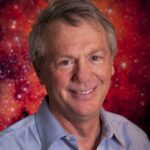
Dr. Robert Kirshner
Please use the Eventbrite space, below, to support Wonderfest's nonprofit mission of science outreach. Make a modest (or immodest!) donation, and share the scientific outlook with others. (This Zoom event is free and unticketed; please ignore all mention of "sales," below.)
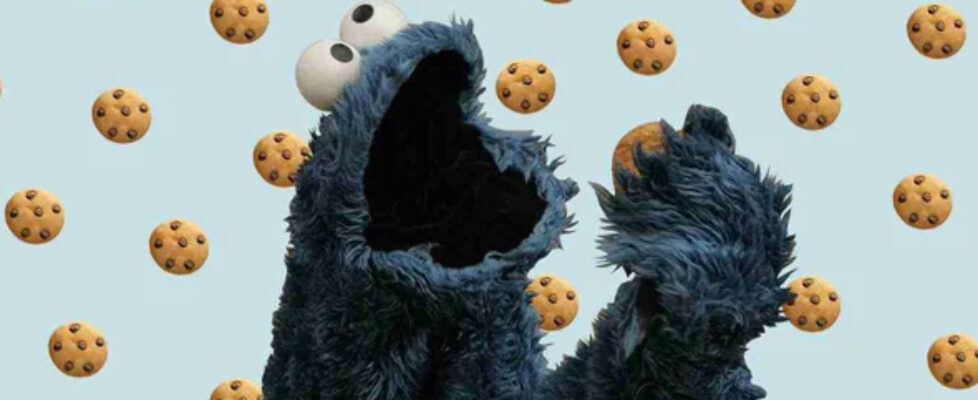
WHY did I eat THAT?! – Oct 25
Beyond hunger — and beyond the body’s straightforward energy demand — food cues can strongly influence the urge to eat. These sights, sounds, and smells of food can trigger cravings that promote over-eating. What are the neurobiological mechanisms of cue-triggered food craving? How are we susceptible to diet-induced obesity via consumption of sugary and/or fatty “junk foods”?
Our speaker, Dr. Carrie Ferrario, is Associate Professor in the Departments of Psychology and Pharmacology at the University of Michigan Medical School.
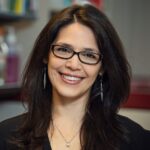
Dr. Carrie Ferrario
This unticketed, admission-free, Wonderfest event will be COVID-free, as well. Please be vaccinated, and kindly wear a mask (except when dining/drinking). The warm feeling of Wondernaut(!) camaraderie radiates through masks and across wide seat-spacing. Please join us! Also, kindly consider donating to nonprofit Wonderfest in the Eventbrite space, below. (Ignore any mention of "tickets" or "sales.")
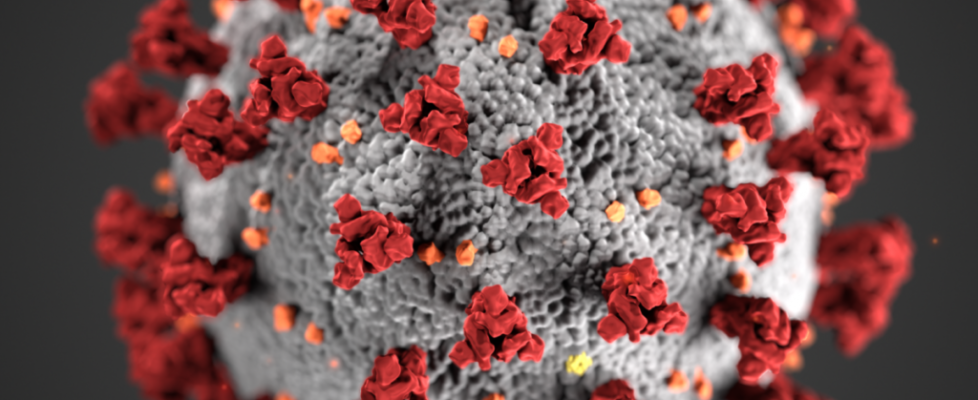
The Coronascene – Oct 6
President Biden recently stated that the Pandemic is over. The resumption of travel and in-person activities seems to corroborate this view. Meanwhile, the current COVID death rate in the US puts us on track for nearly 150,000 excess deaths (per year) and a marked lowering of overall life expectancy. This presentation, with a healthy amount of audience Q&A, will explore the relationship between science and narrative in confronting SARS-Cov2.
Our speaker, Dr. Robert Siegel, is Professor of Microbiology and Immunology at Stanford University. He is also a member of Wonderfest’s formal Board of Advisors.
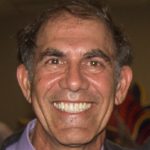
Dr. Robert Siegel
Please use the Eventbrite space, below, to support Wonderfest's nonprofit mission of science outreach. Make a modest (or immodest!) donation, and share the scientific outlook with others. (This Zoom event is free and unticketed; please ignore all mention of "sales," below.)

